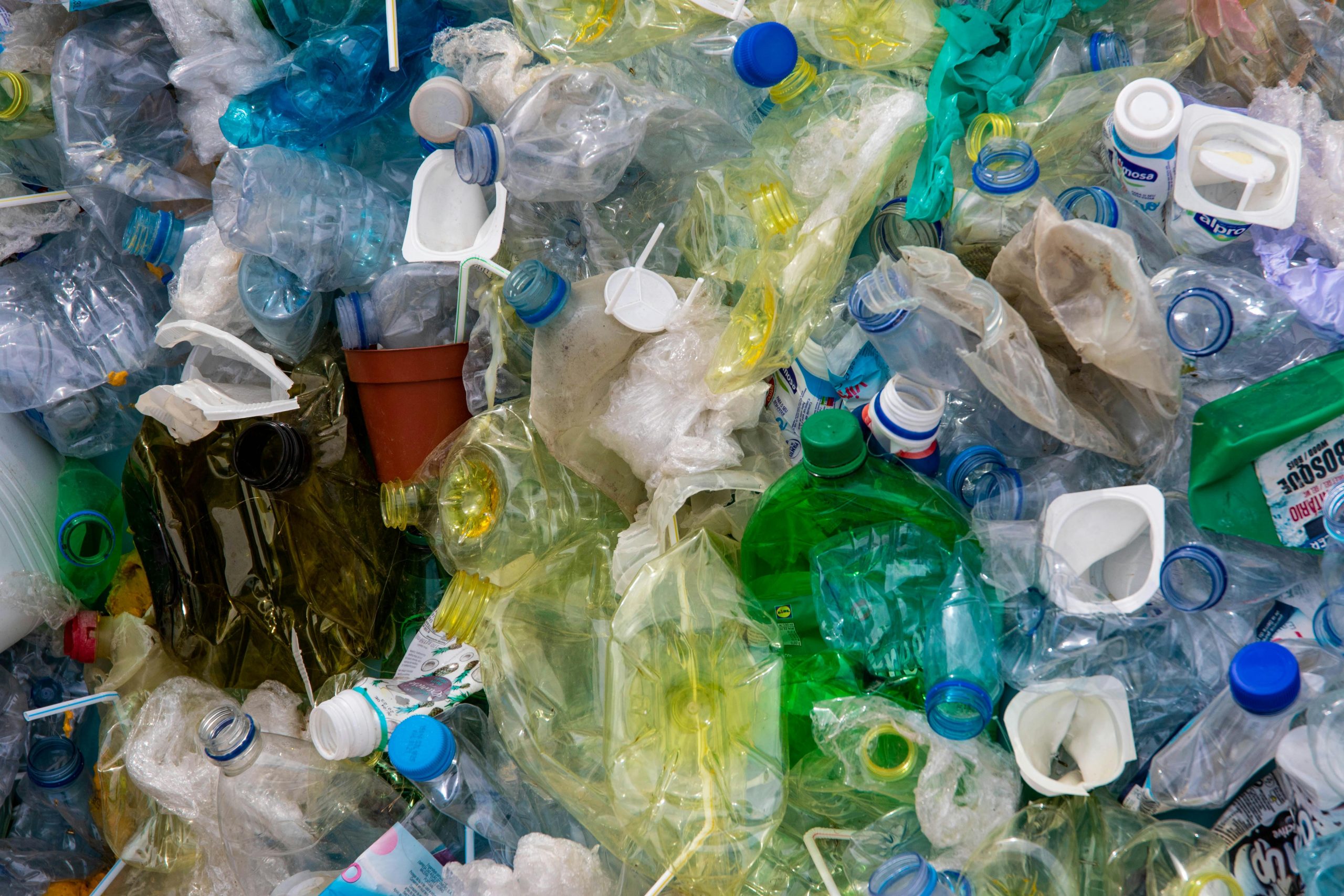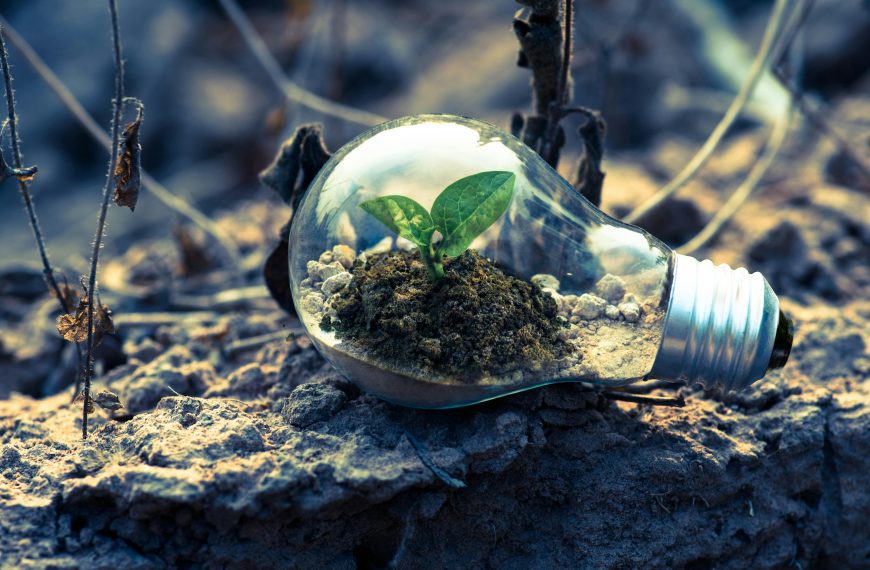The growing concern over pollution highlights the need to address the issue of single-use plastics. These items, designed for one-time use before disposal, significantly contribute to the escalating waste crisis. Common single-use plastics, such as straws, utensils, bags, and packaging, exacerbate environmental problems. Fortunately, there are practical measures that individuals and communities can adopt to reduce dependence on single-use plastics and make a positive impact.
Understanding the Challenge
To tackle the problem of single-use plastics, it’s crucial to understand its magnitude. According to the United Nations Environment Programme (UNEP), 300 million tons of waste are produced annually, with a substantial portion being single-use items. These plastics often end up in landfills, where they can take centuries to decompose, or in our oceans, posing threats to marine life and ecosystems.
1. Reject and Minimize
The first step in reducing plastic waste is to reject single-use items when possible. Here are some practical tips to help you cut down on waste in your daily life:
- Use Your Own Bags: Bring reusable cloth or canvas bags when shopping. Many stores offer rewards for customers who use their bags.
- Say No to Disposable Cutlery: Opt for reusable cutlery and plates during social gatherings or when dining out. Some restaurants now provide eco-friendly alternatives.
- Avoid Plastic Wrap: Replace plastic wrap with beeswax wraps or reusable containers for food storage.
- Make the Switch to Reusables: Invest in reusable products to minimize single-use plastics and save money over time. Consider these options:
- Reusable Water Bottles: Swap plastic bottles for steel or glass alternatives that keep drinks hot or cold for longer.
- Bring Your Coffee Cup: Carry a reusable coffee cup when visiting coffee shops. Many places offer discounts for customers who bring their own cup.
- Keep Reusable Shopping Bags Handy: Store some shopping bags in your car or purse so you’re always prepared.
2. Opt for Alternative Materials
When making purchases, choose products made from materials other than plastics. Here are some eco-friendly alternatives:
- Using Bamboo Products: Bamboo is a sustainable material found in products like toothbrushes, utensils, and straws.
- Opting for Glass and Metal Containers: Switch to glass jars or metal tins for storing food and on-the-go use.
- Choosing Compostable Items: Look for compostable plates, cutlery, and bags. These alternatives break down faster and have a lower environmental impact compared to traditional plastics.
3. Educate and Advocate
Raising awareness and advocating for change are crucial in reducing plastic waste. Here’s how you can contribute:
- Spread Awareness: Share information about the benefits of reducing plastic use with friends, family, and on social media. Knowledge can inspire action.
- Support Policies: Advocate for national regulations that aim to reduce waste. Support initiatives that ban plastic bags, straws, and other disposable items.
- Participate in Cleanup Efforts: Join or organize community clean-up activities to remove plastic litter from beaches, parks, and other natural spaces.
4. Practice Waste Management
Proper disposal is essential for reducing the environmental impact of plastic waste. Follow these guidelines:
- Recycle: Familiarize yourself with local recycling rules to ensure plastics are disposed of correctly. Not all plastics are recyclable, so know what can and cannot go into the recycling bin. Rinse out containers before recycling to prevent contamination.
- Participate in E-Waste Programs: When disposing of electronics containing plastics, use e-waste programs that ensure proper handling.
- Support Innovative Solutions: Choose brands that use minimal packaging or explore packaging made from renewable sources, such as algae or mushrooms.
Addressing plastic waste requires individual actions, community efforts, and systemic changes. By rejecting single-use plastics, opting for alternatives, making informed choices, educating others, and supporting innovative solutions, we can all contribute to reducing plastic waste. Moving away from plastic not only benefits the planet but also fosters a lifestyle centered on sustainability and mindfulness. Embracing these changes helps us create a greener world for future generations.









